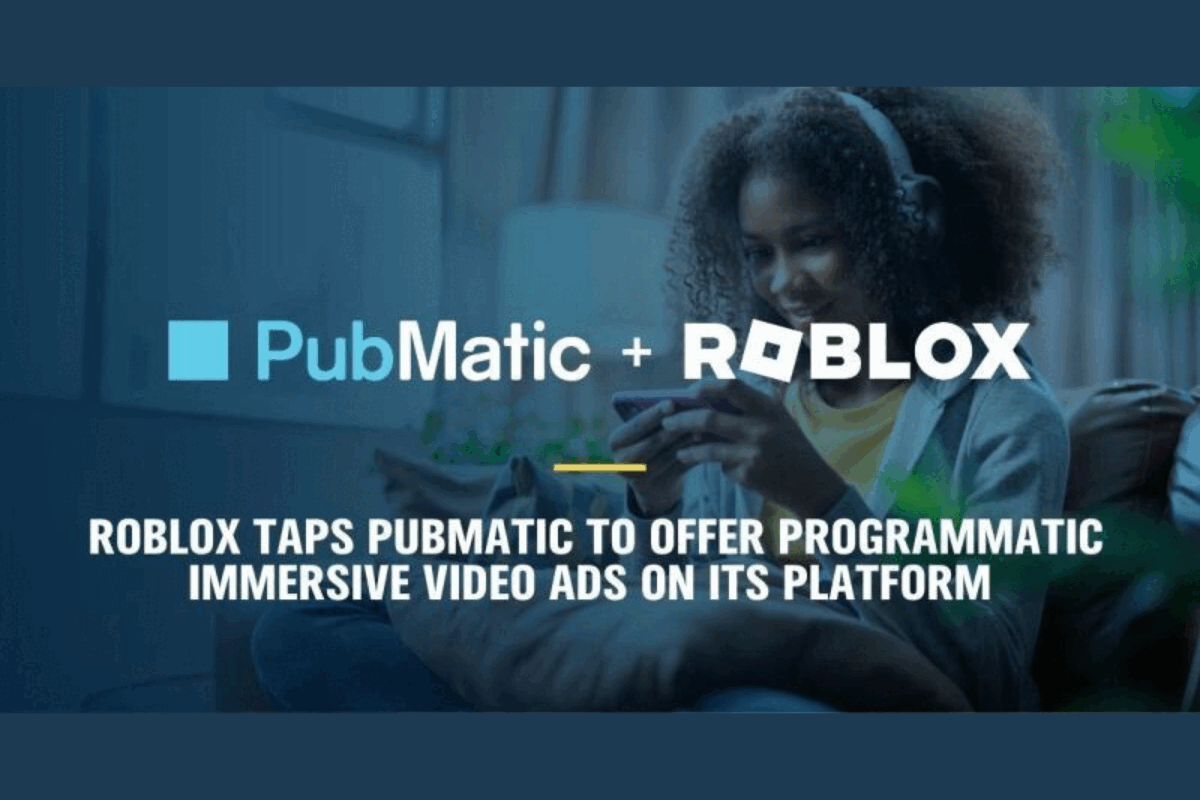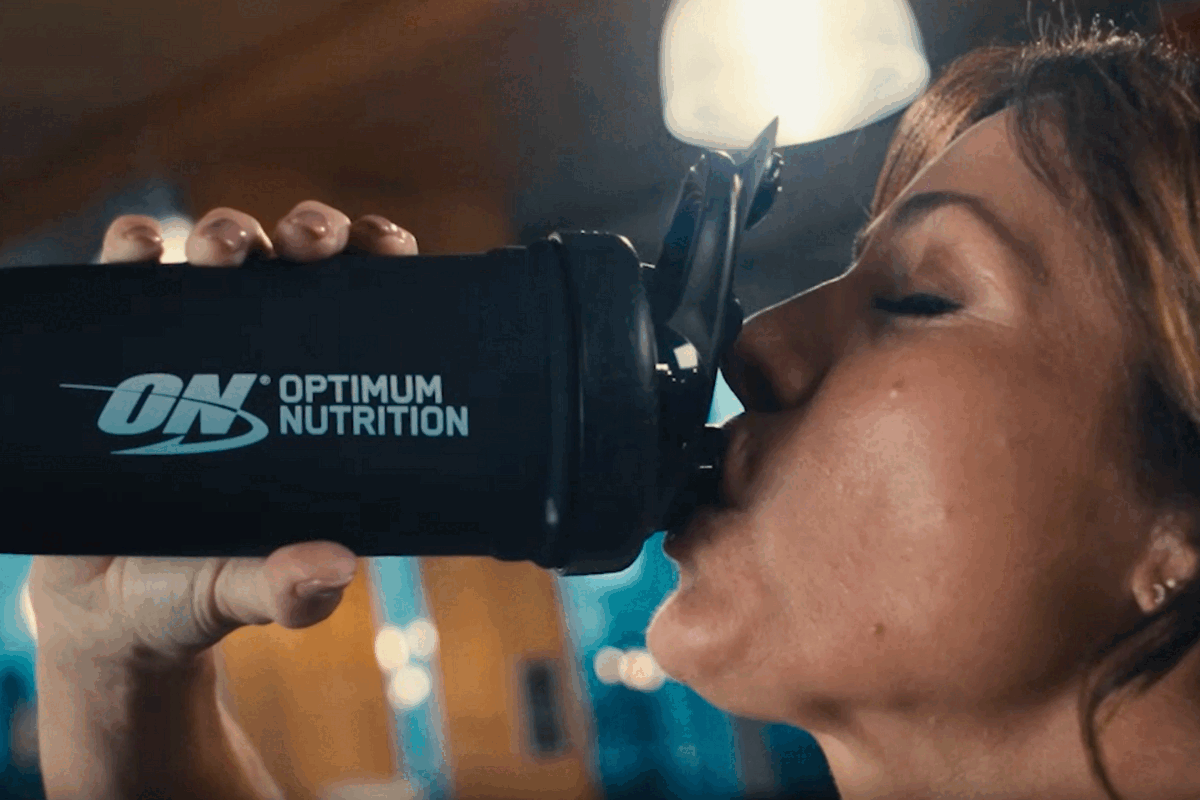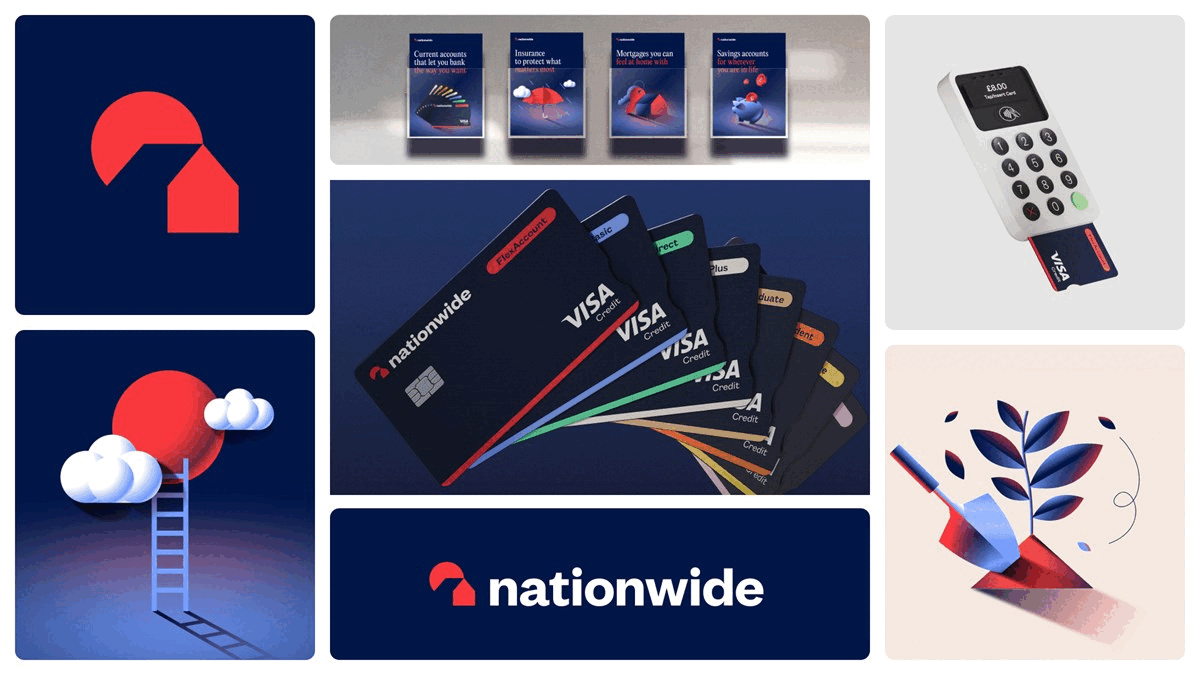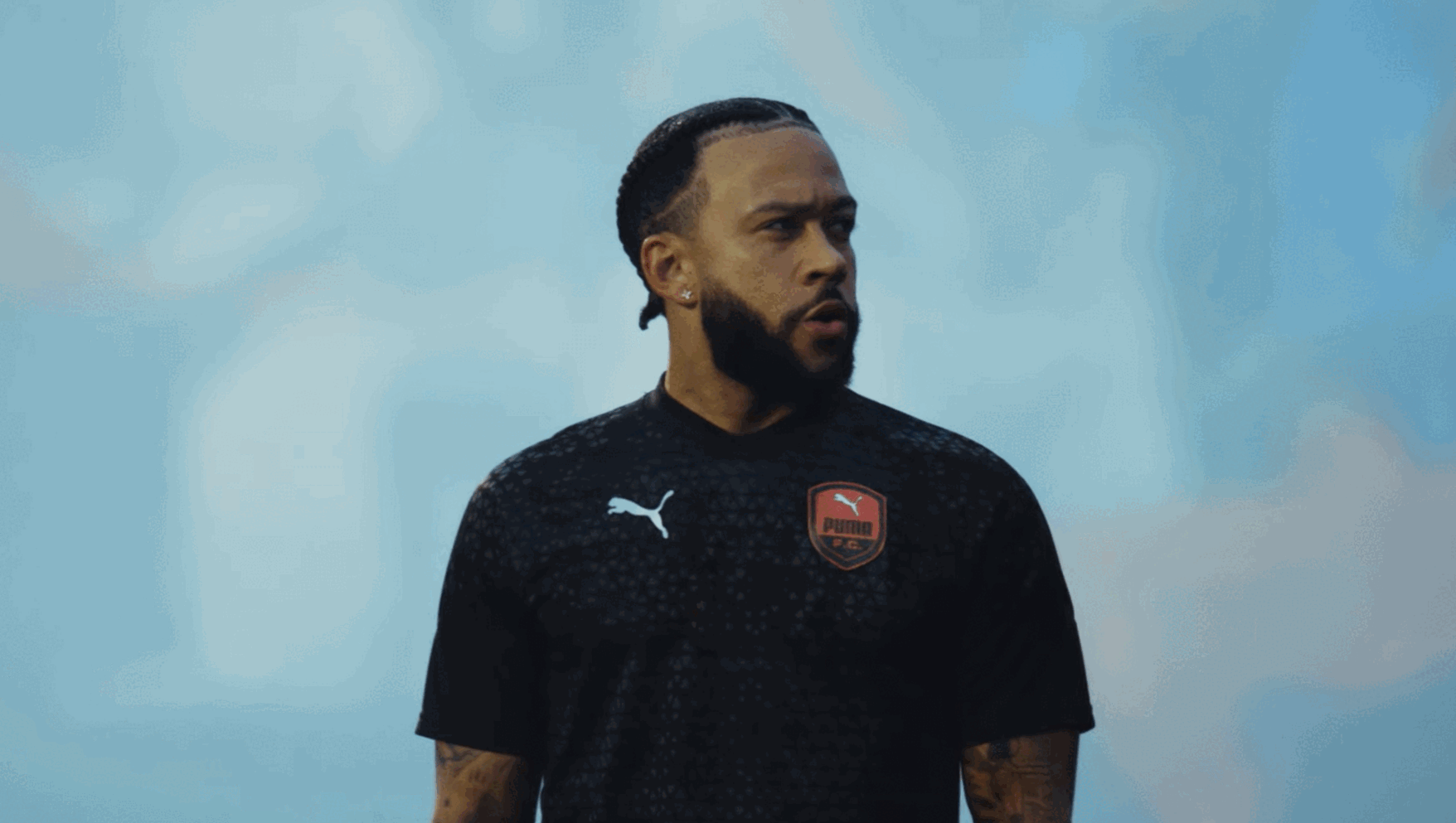It may seem like a dim and distant memory now, but with the dust well and truly settled on another Mobile World Congress, we asked some of those attending for their thoughts on this year’s show.
Gavin Stirrat, VP Europe of Partner Services at OpenX While the expected wave of consumer mobile announcements from brands such as Sony and Samsung dominated the agenda, it was the opportunities for artificial intelligence (AI) that really stole the show.
While the expected wave of consumer mobile announcements from brands such as Sony and Samsung dominated the agenda, it was the opportunities for artificial intelligence (AI) that really stole the show.
The emphasis on the meaningful applications of AI – as explained by Rob High, CTO of Watson – gave us a glimpse into how the technology will interact with consumers in the future, responding to moods and adjusting conversations accordingly. I expect these new developments will have a considerable impact on consumer purchasing decisions and will enable brands to enhance the quality and creativity of mobile advertising.
But it is the continued roll out of solutions ahead of the widespread adoption of 5G that truly caught my attention. Brands such as Telstra and T-Mobile announced their plans to start testing live networks this year, bringing us that much closer to a better connected reality.
The implementation of fast connectivity will significantly increase bandwidth, enabling brands to provide better quality video and advertising experiences, and allowing companies to reach consumers with more speed and agility, across multiple platforms – the true definition of digital transformation.
Andy Ashley, International Marketing Director, Digital Element This year’s Mobile World Congress was a great foundation for establishing the opportunities and challenges we can expect to face in 2018. One of the biggest takeaways for us was the increased momentum of IoT, with GSMA Intelligence announcing its prediction for global IoT connections to reach 25bn by 2025.
This year’s Mobile World Congress was a great foundation for establishing the opportunities and challenges we can expect to face in 2018. One of the biggest takeaways for us was the increased momentum of IoT, with GSMA Intelligence announcing its prediction for global IoT connections to reach 25bn by 2025.
As consumers’ daily lives are becoming increasingly connected, and IoT empowers a variety of day-to-day activities to be completed digitally, there is a need more than ever for organisations to understand where and how consumers are connecting – regardless of the device they are using. While we cannot expect users to actively share their location, the accelerated growth of data resources – which was also a hot topic at the event – is improving opportunities for precise targeting. Quality and accuracy will be key here to retain both customer experience standards and ROI for advertisers, meaning the use of trusted data, such as granular IP intelligence, to inform in-depth targeting profiles will be vital.
The future of mobile looks bright, but staying ahead of both the competition and changing consumer trends must be a priority for marketers. Remaining relevant in a continually demanding, disruptive digital world will be difficult but vital for success in 2018.
Lindsay McEwan, VP and Managing Director EMEA, Tealium This year’s show centred around three key topics: the advent of 5G; data security; and the challenges of AI. It was encouraging to see that, across all conversations, there was a clear focus on consumer centricity.
This year’s show centred around three key topics: the advent of 5G; data security; and the challenges of AI. It was encouraging to see that, across all conversations, there was a clear focus on consumer centricity.
Enthusiasm for AI, in particular, was balanced by serious consideration of ethics, and whether or not technology is moving too fast for us to manage it responsibly. There is a definite need to ensure we employ the right governance and data processes first, to mitigate any privacy risks, and to avoid getting too swept up in the opportunities the tech could offer.
And of course there is 5G – the possibilities to improve the user experience are endless, however we must remember existing connections too and make the most of these, while waiting for the advantages that 5G promises to bring to fruition, and the up-skilling required to maximise its potential.
Estelle Reale, Marketing Director EMEA at Sublime Skinz Despite the tricky weather conditions making it harder to network, this year’s Mobile World Congress produced some key talking points; with three in particular standing out as essential takeaways. Mobile’s increasing dominance as a preferred channel can no longer be ignored, and for all parties to benefit from the opportunities this platform brings, marketers need to stop viewing it simply as a bolt-on.
Despite the tricky weather conditions making it harder to network, this year’s Mobile World Congress produced some key talking points; with three in particular standing out as essential takeaways. Mobile’s increasing dominance as a preferred channel can no longer be ignored, and for all parties to benefit from the opportunities this platform brings, marketers need to stop viewing it simply as a bolt-on.
While GDPR and e-privacy is the topic of the moment across many industries, its effect on mobile was widely talked about, thanks to the unique 1:1 relationship that consumers have with their devices. In addition, there was considerable discussion with regards to the way mobiles collect data via ID rather than cookies, and how the new law will take this difference into account – especially as advertising on mobile devices continues to increase.
Finally, there was marked excitement at the continually evolving ways in which the consumer can engage and interact with brands on mobile. The introduction of 5G will open up even further connectivity opportunities and, at MWC, we saw that advertisers can now offer users a full, rich digital mobile ad experience via personalised video, VR and HTML5.
Thomas Bremond, General Manager, International, Comcast MWC reaffirmed that one of the biggest trends in the upcoming months will be increased consumption of video content and a large amount of this will remain on mobile. The continually changing viewing habits of consumers mean the TV and premium video industry should not be seen as a challenge but an opportunity.
MWC reaffirmed that one of the biggest trends in the upcoming months will be increased consumption of video content and a large amount of this will remain on mobile. The continually changing viewing habits of consumers mean the TV and premium video industry should not be seen as a challenge but an opportunity.
The rise of cross-device consumption also illustrates the major opportunity for broadcasters and advertisers to capitalise on incremental reach generated by second-screen usage on mobile. Creating engaging and relevant ads that work across the various platforms, and developing measurement tools that take into account the incremental impact different devices have on each other, will be more important than ever to improve standards, and enhance, rather than disrupt, the overall viewing experience.
Tobin Ireland, CEO and Co-founder, Smartpipe Compared with most years, MWC felt somewhat muted in 2018, perhaps because most network operators are struggling with flat revenues and declining margins.
Compared with most years, MWC felt somewhat muted in 2018, perhaps because most network operators are struggling with flat revenues and declining margins.
The topics rising to the surface at the event were 5G, IoT, and data; all seen as the major growth stories for the industry and critical to telcos and infrastructure vendors. Indeed the topic of data, in particular data quality driving value, eclipsed the current conference circuit favourites of blockchain and AI.
Perhaps unsurprisingly, the GDPR is on everyone’s radar, but it’s shocking that both large and small companies are still trying to understand it.
We saw fewer global ad tech companies in Hall 7 – with the majors staying away for other conferences. Maybe this is margin pressure – or maybe it’s a signal that the more faint-hearted ad tech vendors are giving up on working directly with telcos.
David Brown, VP Customer Success, GeoSpock Discussion surrounding 5G, and its impact on IoT and mobility dominated this year’s Mobile World Congress (MWC) event. With companies demonstrating various applications for data sourced from assets on the move, delegates were excited about the potential here.
Discussion surrounding 5G, and its impact on IoT and mobility dominated this year’s Mobile World Congress (MWC) event. With companies demonstrating various applications for data sourced from assets on the move, delegates were excited about the potential here.
Organisations are just beginning to understand how to visualise these types of data and for us, the possibilities are limitless. In coming years we expect to see datasets used to predict everyday scenarios, positively affecting smart city development, IoT, and mobility applications globally – expect to see whole cities filled with autonomous vehicles in the not too distant future.
Overall the show seemed slightly more subdued than previous years – although this could be down to the lack of big announcements throughout the event. It’s worth noting that MWC is still a great platform for business. Unlike many other events and trade shows there is an appetite for new opportunities and collaboration.
















